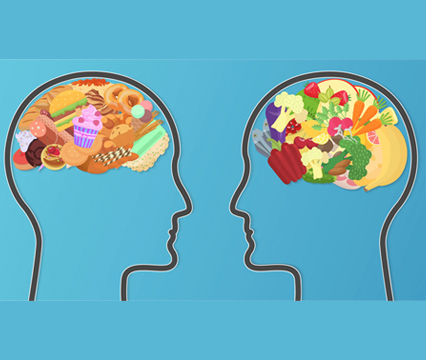Seafood intake in children at age 7 years and neurodevelopmental outcomes in an observational cohort study (ALSPAC)

Seafood contains vital nutrients like long-chain fatty acids, selenium, and iodine, which are essential for neurodevelopment and cognitive function. However, the link between childhood seafood consumption and cognitive outcomes remains insufficiently studied. This study by Nel et al. (2025) explored how seafood intake at age 7 relates to cognitive and behavioral outcomes between ages 7 and 9. Data from the Avon Longitudinal Study of Parents and Children (ALSPAC) were analyzed, using adjusted logistic regression to assess seafood consumption at age seven against behavioral (Strengths and Difficulties Questionnaire, SDQ) and cognitive (IQ) scores at later ages. Results showed that lower seafood consumption (<190 g/week) at age seven was associated with a 35% higher likelihood of suboptimal prosocial behavior at age seven and a 43% increase at age 9. No significant association with IQ at age eight was found. In populations where seafood intake is below recommended levels, findings highlight its importance for behavioral development, particularly in prosocial behavior. Further research examining broader neurodevelopmental indicators could strengthen evidence on seafood’s role in cognitive growth. [NPID: ALSPAC, fish, child development, IQ, Strengths and Difficulties Questionnaire, SDQ]
Year: 2025

 Navigation
Navigation









